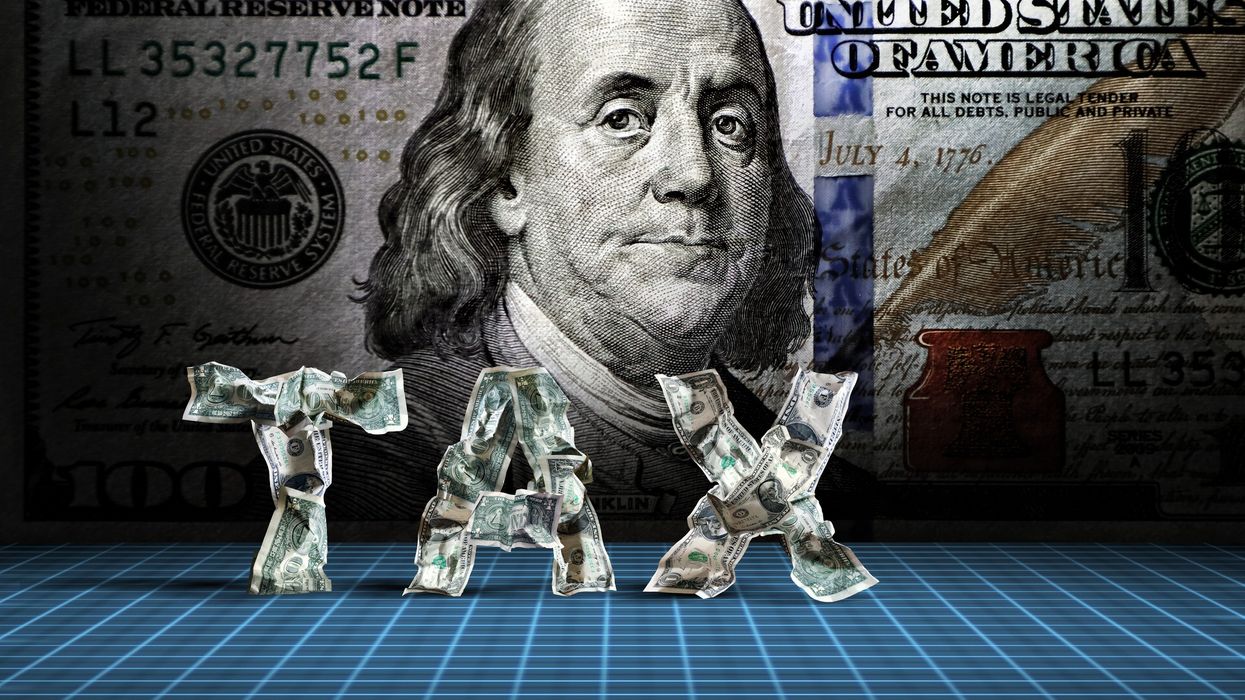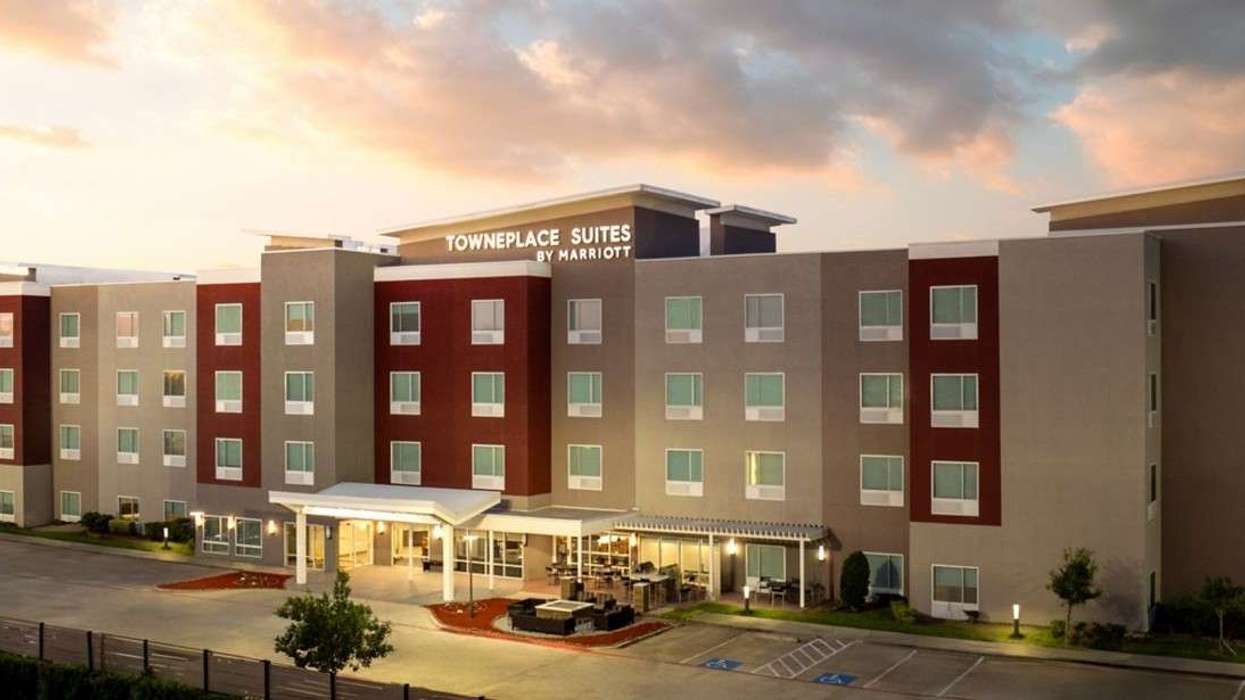THE TAX RELIEF for American Families and Workers Act of 2024 is set to provide tax relief to hotels nationwide, encouraging investments in renovations and property upgrades, according to a Cornell University study commissioned by the American Hotel & Lodging Association. The bipartisan bill, passed by the House in January, is awaiting Senate review, and the association called on the Senate to promptly pass the bill.
“The bipartisan tax package [H.R. 7024] would help hoteliers invest in renovations and upgrades to stay competitive and improve the guest experience,” said Kevin Carey, AHLA’s interim president & CEO. “This means more jobs, employee benefits, and economic growth. This study is proof that the bill would help hoteliers navigate the economic challenges created by persistent inflation, a nationwide workforce shortage, and an aggressive federal regulatory agenda. On behalf of America’s nearly 62,500 hotels, we call on the Senate to pass the bipartisan Tax Relief for American Families and Workers Act as soon as possible.”
The study by Cornell’s Center for Hospitality Research pointed out how hotels of different sizes and service levels could benefit from H.R. 7024’s extension of 100 percent bonus depreciation and broadening of business interest deductibility.
Temporarily restoring 100 percent bonus depreciation encourages investments in qualified improvements, the study noted. For example, investing $2.75 million in qualified commercial kitchen equipment could potentially yield over $175,000 in additional tax relief under H.R. 7024. Similarly, the temporary expansion of business interest deductibility also offers additional tax relief.
It outlined different tax relief scenarios, sampling 25 hotel properties of various sizes that could benefit from the bill, including:
- Nine hotel properties with up to 150 rooms could experience tax relief ranging from $17,000 to nearly $500,000.
- Nine additional hotel properties with more than 200 rooms but less than 500 rooms could expect tax relief ranging from $37,000 to $1 million.
- Seven properties with more than 500 rooms could receive tax relief ranging from $600,000 to nearly $6 million.
Last November, Texas voters approved Proposition 4, a constitutional amendment reducing property taxes that year. The amendment, supported by AAHOA and the Texas Hotel & Lodging Association, allocated $12.6 billion in state funds for public education, lessening reliance on local property taxes, according to AAHOA. It also raised the Texas franchise tax exemption from $1.24 million to $2.47 million, providing businesses with tax relief, and caps appraisal values for commercial properties under $5 million.






